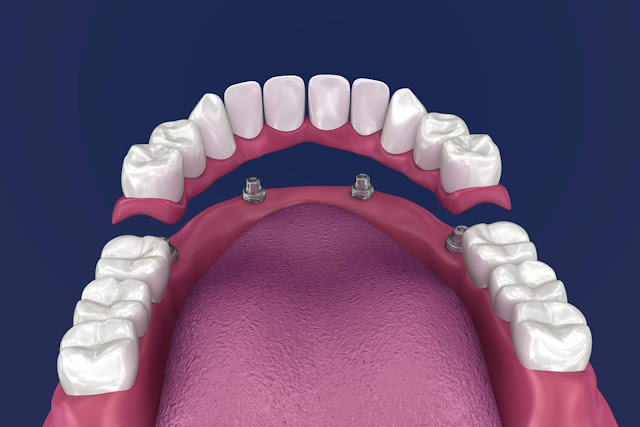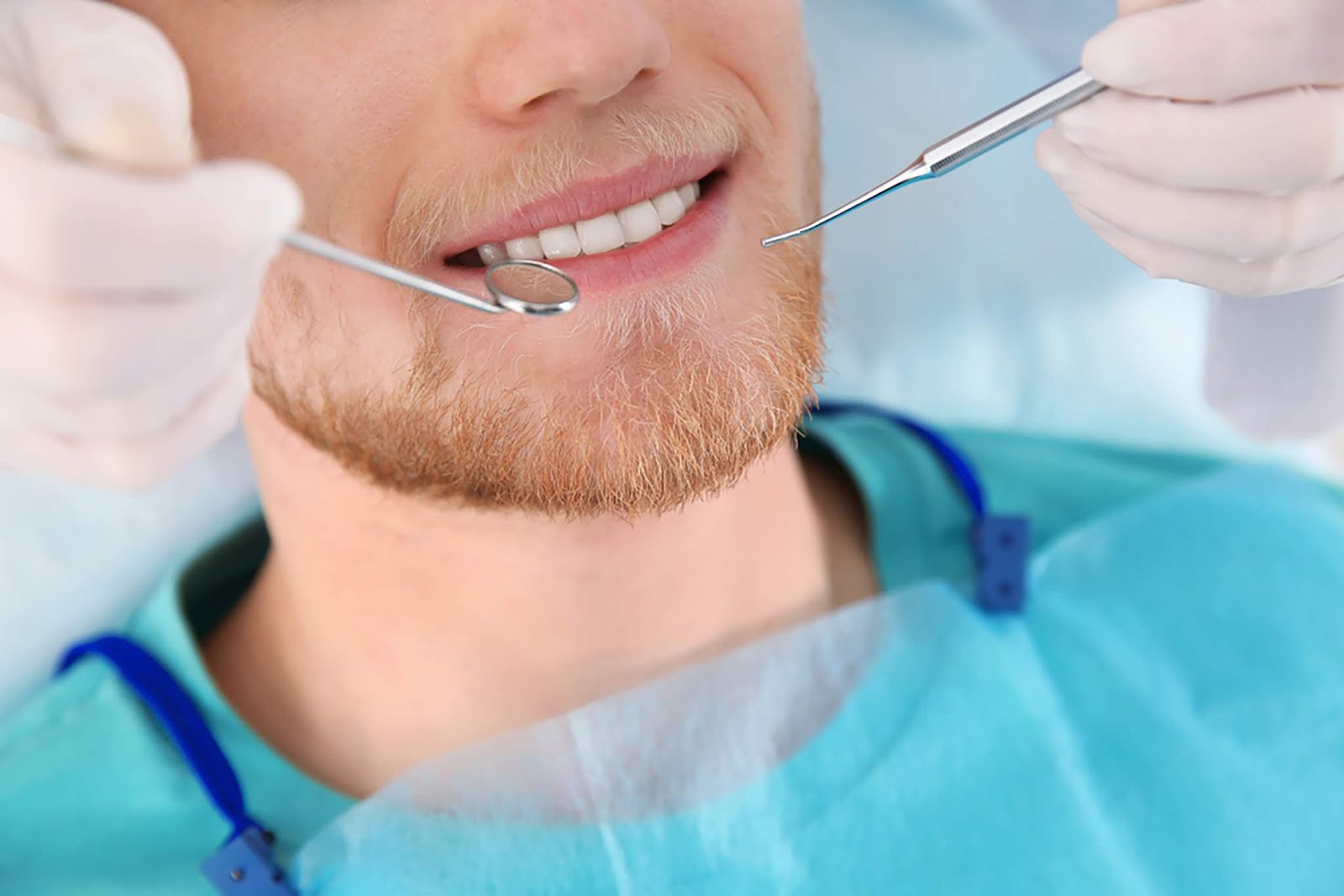Drawing The Line Between Endodontists and Dentists
If you want your transmission swapped out, though, should you go to the oil change place? Probably not. Instead, you’d go to the endodontist! No, not there either, but you get the point. When you have special needs, you should see a specialist!
What is an endodontist?
How’s your Greek? Rusty as it may be, understanding the Greek origins of the word “endodontist” will help understand just what endodontics near you is. The word endodontist comes from the two Greek words endo — meaning “inside” — and odont — meaning tooth. Endodontics in Saskatoon, then, focuses on what is happening inside your tooth, meaning what affects the pulp, tissues and nerves that keep that tooth alive.
From that perspective, endodontists investigate and diagnose sources and causes of tooth, mouth, jaw, gum, oral and facial pain and commonly perform surgical procedures on the inside of teeth to eliminate the causes of that pain. The most common cause of that pain is a serious tooth infection. One of the most common surgical procedures performed by endodontists is root canal therapy in Saskatoon to remove infected material from inside a tooth and to ease the symptoms of a serious tooth infection.
What do endodontists do?
Root canals. A serious tooth infection will gradually kill the tissues contained inside a tooth. The severe pain that characterizes many, but not all tooth infections, is caused by the presence of that infected, dying and dead material inside a tooth. Unless that material is removed, that tissue can also produce a serious enough infection to extend beyond your tooth and mouth and into your body via your bloodstream.
To eliminate the tooth infection, to prevent that infection from spreading throughout your body and to prevent unnecessary tooth extractions, an endodontist near you will make an opening in the infected tooth, extract the infected material, seal the tooth and place a crown to support and protect the tooth on an ongoing basis. The removal of infected tissue from an adult tooth won’t affect the performance of that tooth or your oral health; in fact, once your adult tooth is fully developed, you really don’t need those tissues at all. But the last thing you need is for those tissues to become and stay infected.
Speaking of dental crowns in Saskatoon, is it really necessary to see a specialist? Are they really a form of endodontic treatment? Dental crowns are used in a cosmetic dental clinic in Saskatoon, a restorative dental clinic near you, and by endodontists, alike. Crowns are therefore placed by many different types of specialists, and often by non-specialists, too. When a crown is being placed as the result of having undergone root canal therapy near you, the best option is to have it placed by the endodontist who performed your root canal and is therefore intimately familiar with the treatment you received — especially if it was complex or a retreatment. Your endodontist will take those unique root canal-related circumstances into account when preparing and providing your crown. Dental crowns near you have a lot in common from one application to another, but the considerations are different depending on whether a crown is placed to protect teeth from reinfection (after a root canal) or to hold a bridge in place (to replace missing teeth).



Howdy! I know this is kind of off topic but I was wondering if you knew where I could find a captcha plugin for my comment form? I'm using the same blog platform as yours and I'm having problems finding one? Thanks a lot! dentist in birmingham alabama
ReplyDelete